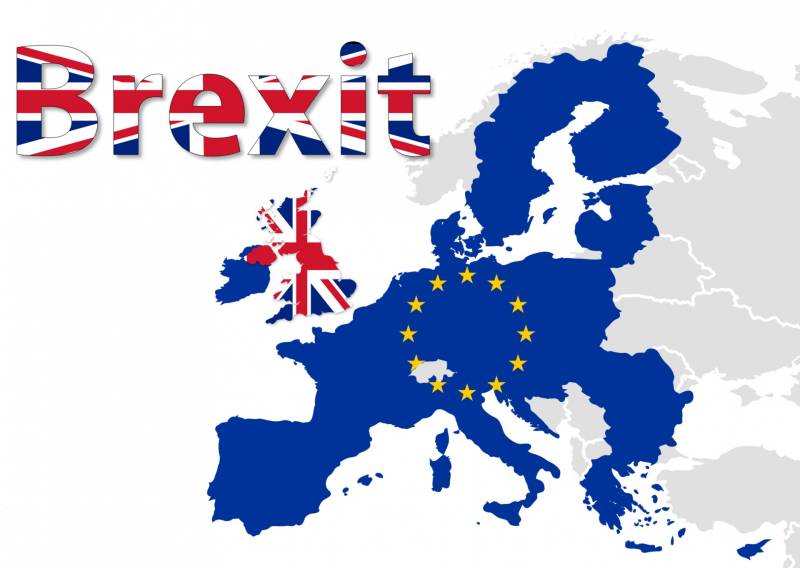LAHORE: The exclusion of Britain from the European Union will hit the Pakistan textile sector the most. However, the negative impact emanating from the Brexit will be comparatively less for Pakistan’s economy as it is relatively insulated from global markets. This is because Pakistan’s exports are only 7 percent of the country’s total Gross Domestic product (GDP), experts said.
They added that lower commodity prices could result in even lower inflation expectations, which will bode negative for outlook of banking sector.
As against market expectations, Britain through a referendum held on June 23 has decided to exit the European Union (EU). This has come as a surprise for global markets where Pound Sterling to $ has come off by 7 percent to 1.35 (lowest since 1985) as compared to yesterday where the Pound Sterling to $ was 1.45. Global markets have also taken a toll with across the board losses. The KSE-100 index is now down over 1,100 points or 3.1 percent in today’s session.
International oil prices have come off as a result of global uncertainty and concerns over a recession in UK with a knock off effect in EU. Oil prices are down 4 percent today with WTI trading at $47. This has led to weakness in local oil Exploration and Production (E&P) companies.
Yen has appreciated as a result of BREXIT and is trading at 101.9 to US$, up by 3 percent as of yesterday. This will be negative for local auto sector as portion of their costs are denominated in Yen.
Analysts of the Topline were of the view that textile sector will also be affected as a weaker Pound Sterling and Euro (down 2.3 percent today) will render Pakistan’s exports more expensive. Out of total textile exports during Jul-May 2016 of US$11.6 billion, UK textile exports are US$1.2 billion (10 percent). The country’s imports can also potentially increase as a result of cheaper goods from UK and also Europe due to a weaker Pound Sterling and Euro, which may be negated to some extent due to lower oil prices.
It should be noted that even though the referendum has happened; the next step is for the British Govt. to invoke a previously unused provision of the EU bloc, known as Article 50 that sets out the basic of the withdrawal process. Once this is invoked, it sets a two-year deadline for a negotiated departure. So for the short to medium term, status quo in EU/UK policies will continue but nonetheless the path towards Britain’s departure will likely be uncertain.






